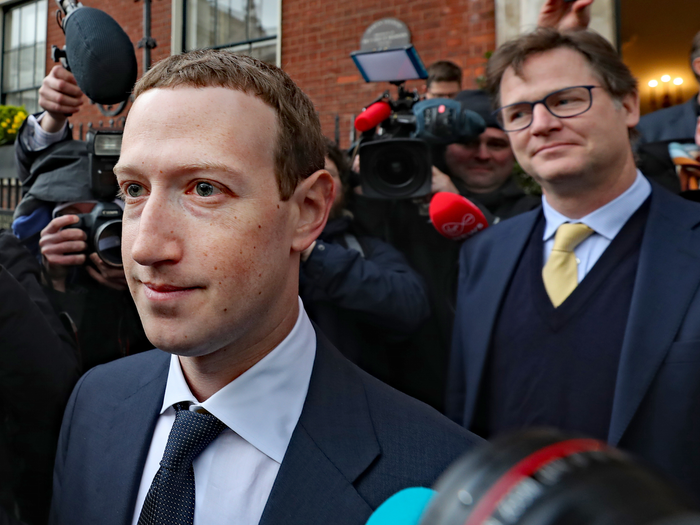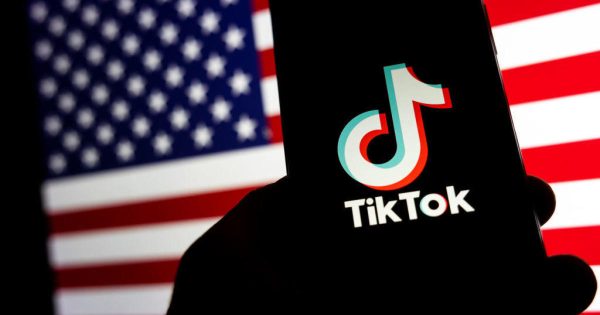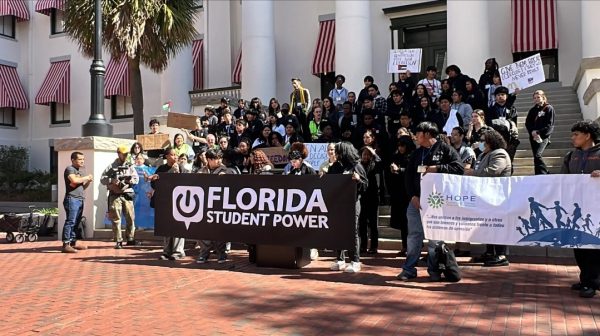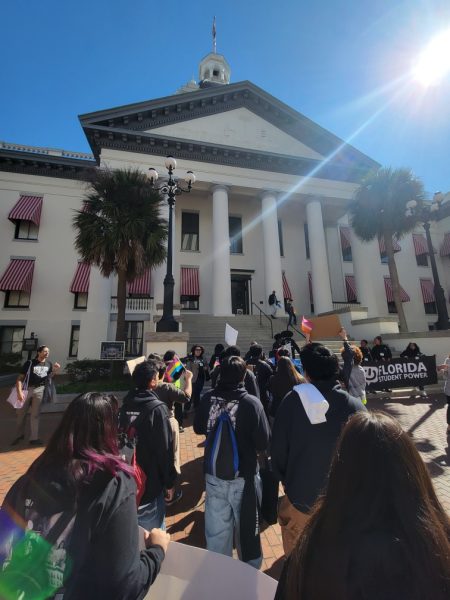Facebook Mom’s Under Attack?
What do you think of when you hear the word Facebook? Do you smell the scent of essential oils that Facebook moms rub on their backs? Can you feel in your soul the Q-anon Facebook page’s breath as they run into the sunset with their flags strapped to their back? Or do you just think of old people? Facebook is one of the oldest social media platforms, emerging in popularity in 2008 and rival the extinct MySpace that your millennial family members reminisce about while teasing their hair every night to “My Chemical Romance.” While controversy is not a foreign matter to Facebook, this recent Whistleblower allegation has turned some heads.

“It’s a company whose official goal is to make money, [it’s] more focused on protecting itself,” said Sophie Zhang, a former data scientist who testified in front of the British Parliament. Oftentimes, the subject of misinformation on Facebook has been a repeated topic with some users creating pages and groups to talk about the “Cures of Essential Oils”, “Qanon Theories” and in severe cases, to plan domestic terrorist attacks like the Capitol Riots.
“It makes them seem not really credible and [that they] don’t care if the source is true or not they just want to make money,” sophomore Alex Wideman said when asked how the Whistleblower incident changed his opinion on Facebook’s credibility. “They think [that making money is] better than taking care of [society].” When asked what solutions could address this problem, freshman Lucas Blush said, “I don’t agree with a lot of the statements they make but I think they have the right to say that on any site. They should be able to tell you that it’s misinformation but put a little blinker up [on a post].” This response is interesting since most advocate for Facebook to eradicate all false information on their site. He was not an outlier. Sophomore Jesus Aguena said something similar, stating, “ I feel like it has nothing to do with social media and is more of an educational thing. Make sure that people [are] actually well-educated. What social media companies can do is tag misinformation, but, it’s not something that you can control.”
Another issue that has arisen regarding Facebook is an outage that happened a few weeks ago. Since Facebook owns Instagram and GroupMe, this outage affected these highly trafficked social media platforms, causing millions of people to not have access to the applications. When asked how this affected him Lucas said, “It was a good thing, even though I use it, it’s good to have a break,” Although it was inconvenient, as a whole, some people viewed the outage in a positive light.
When we look at the effects of misinformation on humanity, it has been detrimental even before the age of technology. It can cause people to act and do things that they wouldn’t otherwise do if told the truth. The actions committed by people can range from telling someone that another individual has said something to defame them, to the rumor that Wayfair is trafficking children using cabinets. We no longer question whether Facebook is purposefully spreading misinformation; that has been confirmed. As a community, we must now figure out how to combat this misinformation in order to protect ourselves and our loved ones from being deceived.











